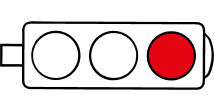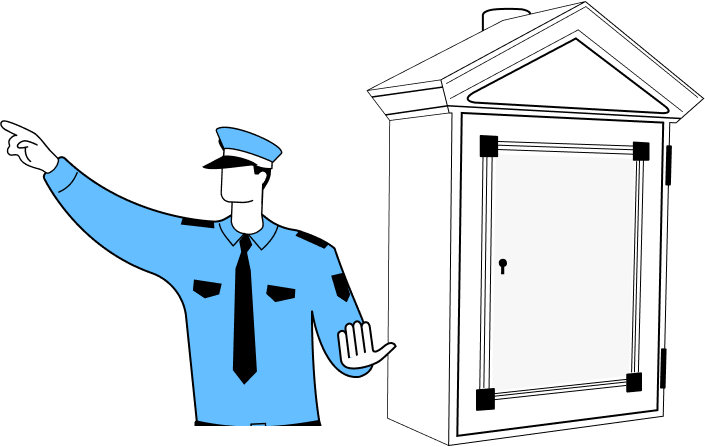Use Your Home Equity Wisely
Several years ago, when investing in the stock market was not as attractive as it had been in the late 1990’s and the borrowing costs for real estate loans began their descent to record low rates, a trend began. People across the country started to tap into the equity they had in their homes at unprecedented levels. Chances are, you were one of those people.
Why wouldn’t you be? If you are or had been an investor, there is still no greater investment than real estate. If you are or had been a borrower, a home equity line of credit was the cheapest access to funds available. In most cases, the interest cost of borrowing against the value of your home was and is tax deductible. For the most part, if you had a financial need, using your home equity was the smartest way to meet that need.
The most common way to tap your home equity is via a Home Equity Line of Credit, often referred to as a HELOC. Borrowers have been attracted to HELOC’s because the interest rate on a HELOC is almost always tied to the prime lending rate. Lenders are attracted to HELOC’s for the same reason. Lenders enjoy far greater flexibility with loan products for which interest rates fluctuate with market conditions. A variable rate loan insulates lenders from experiencing unfavorable impacts on their yields and the spread between what they charge for the money they lend and their cost for access to that money.
It should be noted that variable rate loans and the impact of a rising rate environment are not unique to HELOC’s. Many borrowers have taken advantage of lower rates via adjustable rate mortgages and increased credit card balances. Borrowers who are paying off multiple, variable rate loans will clearly absorb an even greater impact as rates rise, which leads back to the question of when and how should someone consider using the equity in their home.
First, let’s quickly define home equity. You can determine the amount of equity you have in your home by subtracting the amount you owe on your home from the value of your home. The amount you owe is determined by adding up the principal balance of your mortgage and any other loans that you have taken against your house. Determining the value of your home is a little more subjective. Ultimately, your home is worth exactly what the next buyer is willing to pay for it. For a free estimate, however, ask a local realtor for a Competitive Market Analysis (CMA).
Even with the risks and concerns related to borrowing in a rising rate environment, there are good reasons to tap your home equity. For instance, if you have made or intend to make a long-term commitment to reside in your current home and you need to make improvements to your home, it absolutely makes sense to utilize the equity in your home for those improvements. You should clearly understand all of your options, including a fixed rate home equity loan or using cash reserves, but investment in your family home is almost always a sound choice and the money you spend improving your home will almost always be returned to you in the form of appreciation in the value of your home.
If you have a heavy debt load that bears high interest rates, you may want to consider consolidating that debt via a home equity loan, especially in cases where you are barely making the minimum monthly payments and/or the bulk of your payments are going toward the interest on the loans versus the reduction of the principal amount owed. Using a home equity loan to reduce your interest rate and your monthly payments is a smart move as long as you are also committed to sound financial practices. In other words, don’t bother consolidating your debt just to go back out and run up your credit card balances again, you will only compound your financial problems.
Although it is often not advisable to borrow money for the purpose of investing it elsewhere, there are opportunities that are worthy of careful consideration. Many real estate investors get started by using the equity in one property to make a down payment on an additional property. As would be the case for any venture you consider, it is vitally important that you understand all of the factors that can or will impact the benefits and risks associated with that venture.
There are also situations that are not conducive to using your home equity. It is never advisable to payoff a lower interest rate debt with a higher interest rate debt or with debt that has the reasonable potential to be a higher interest rate debt. This is especially true in a rising rate environment. Do not trade a short-term gain for long-term pain.
It is vital to maintain a contingency plan, to be prepared for the unforeseen. Tapping 100% of the equity of your home for virtually any reason is not reflective of sound contingency planning. Furthermore, it is healthy and logical to maintain control of your finances. Using all of your equity in what is often your most precious financial asset is not consistent with preserving that asset. Do not put yourself in a position that would jeopardize your ownership or control of your home.
When considering whether or not to use some of the equity in your home, be sure to spend the time needed to fully understand the terms under which you will be borrowing against your equity. Understand the interest rate options and the variability of those options. Understand the length of time you will have to repay the loan.
It is equally important for you to understand your objective in using your equity and what you are looking to achieve, whether it be an improved home or lower credit card debt. Make sure that the use of your home equity is a worthwhile endeavor.
If you use it, use it wisely.
To learn more about the Credit Union’s Home Equity Loans, please visit our website.
Scott Arney
Chief Executive Officer
Chicago Patrolmen’s Federal Credit Union





